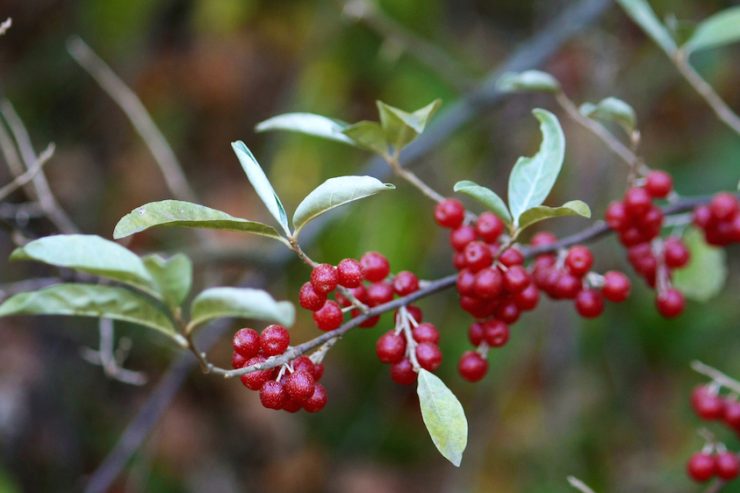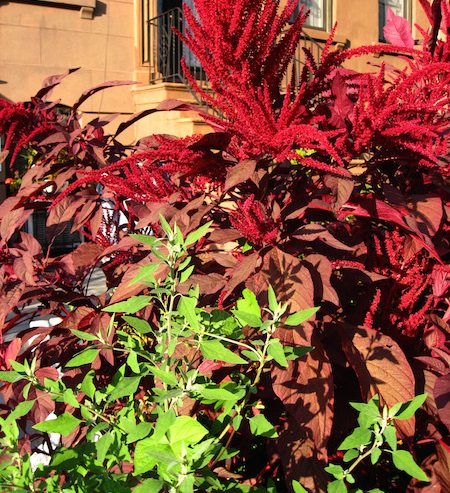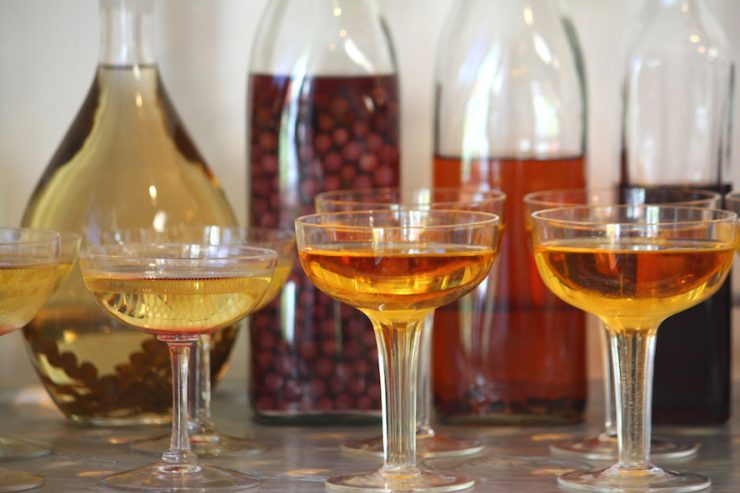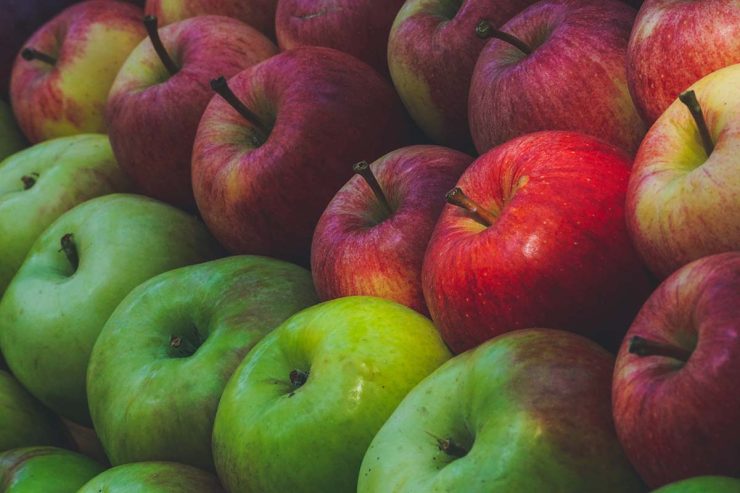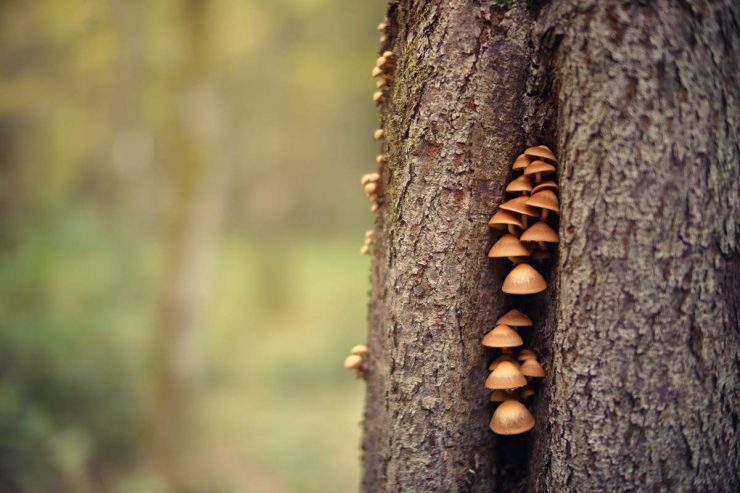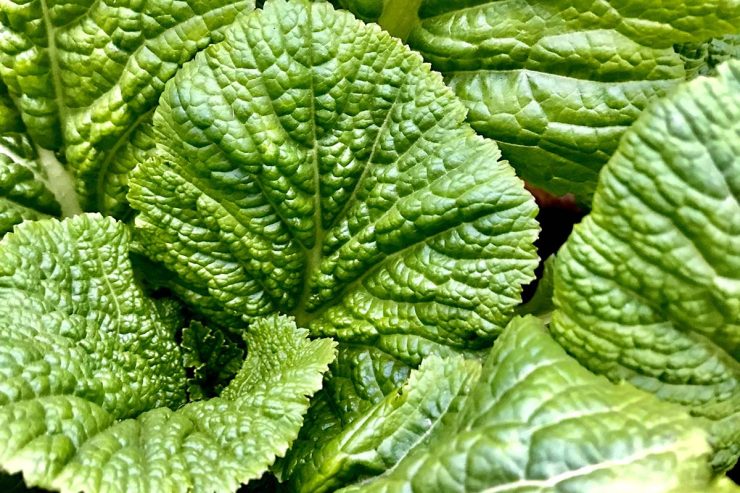These wild berries are invasive, abundant and exquisite to eat.
In Season
In our latest issue, Marie Viljoen shares her tips for foraging for and dining on pigweed–a hearty weed once cultivated by the Aztecs for its precious seeds that now takes over the city come summer time. From sautéed atop crostini to baked in a pigweed tart, Viljoen offers several ways to enjoy the nutritious leaves.
By now those cute little squash plants in your garden aren’t so little anymore. No matter where you plant them, summer squash has a way of taking over the garden…and your fridge. If you find yourself with more zucchini than you know what to do with (don’t we all?), try this dish from Chef Michael Anthony of Gramercy Tavern.
If you’re moved to seek out the perfect patty—be it beef burger, pastured poultry or a toothsome blend of local lamb and venison (a Bridgehampton farmer I know uses the marbled lamb to temper the gamey deer with great success), here is a short list of must-visit sources.
They say the East End is short on ethnic eats. Well, on August 10, we plan to change that when Edible East End presents the Great Food Truck Derby, in conjunction with the Hayground School in Bridgehampton.
Captured in cordials, souvenirs of summer can warm chilly nights.
Deprivation. That is what eating seasonally means. It means that in high summer you do not eat an apple. You walk right on by that crackling green Granny Smith that lurks year round in the grocery store bins. Because it didn’t come from around here. It means that in January you do not buy those stackable plastic boxes of raspberries (sometimes I cheat; I do), and it means that tomatoes are not the pink slices in silly salads or the vine-grown California ones in February, but the ripe, fat, sweet and bursting Brandywines of August.
Experts say that unless paper cups, corn sporks and paperboard boxes wind up in an actual compost pile, they’re no better than plastic
Cool weather belongs to leafy greens and to Brassicas, vegetables with a bite.


